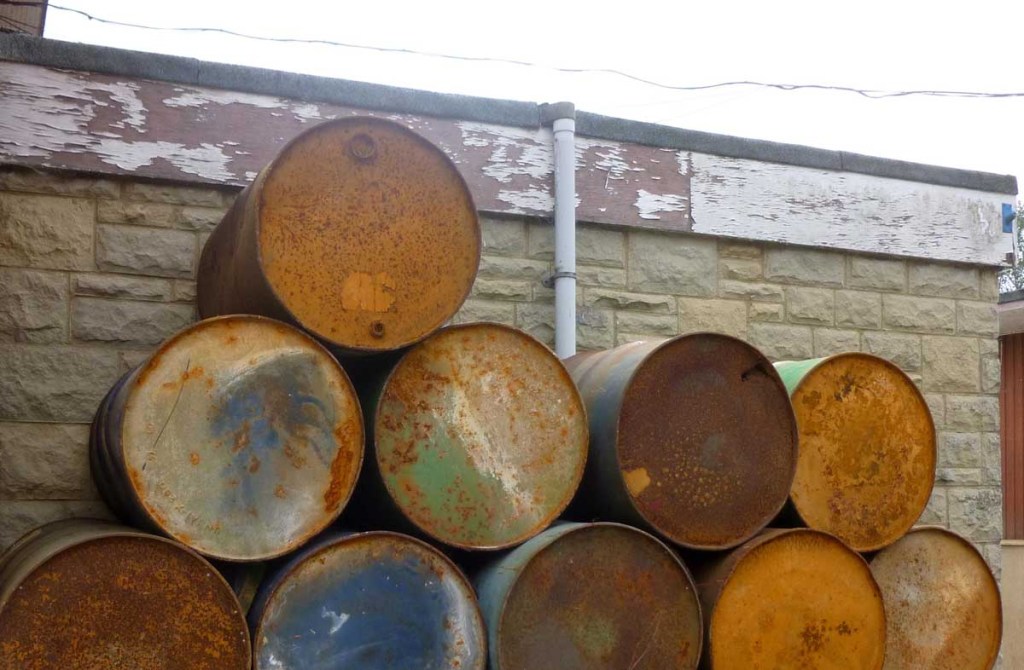Lawmakers wrestle with future of soaring tax credit
Published 5:45 pm Monday, May 16, 2016

- (Stock photo/ MorgueFile)
OKLAHOMA CITY — In 2001, Oklahoma’s oil and gas producers faced much the same plight as today. Prices were plummeting and profits were drying up.
In an effort to shore up the energy industry, legislators unveiled a tax incentive program that allowed money-losing wells to recoup some of that loss from state coffers — if they kept their wells running through downturns.
But now, as the program’s costs soar amid the latest oil and gas bust, lawmakers are looking to revoke the decades-old deal. Eliminating the incentive, they say, would restore more than $130 million, much of which could ultimately benefit the state’s schools and road projects.
Rather than acting as a lifeline for the state’s most at-risk independent producers as lawmakers first intended, the program’s vague wording is allowing the state’s biggest producers to cash in, said Mike Cantrell, who owns interest in nearly 100 wells, most of which are scattered throughout southern Oklahoma.
The Ada resident and about a dozen small well owners headed to the Capitol on Monday to ask lawmakers for a compromise. Rather than eliminate the program, they’d like to cap it at $25 million and clarify qualification.
In the past, program costs rarely topped $10 million a year, Cantrell said. But that number could soar to more than $130 million as big oil companies try to cash in, too, he noted. Nearly 83 percent of current claims come from big companies, and some of the wells they’re asking for rebates on produce as much as 100 barrels a day, he said.
“That’s never what it was intended for,” Cantrell said. “It’s not the small marginal well producer anymore. It’s the big producers that have got high expenses from hauling water from big wells that they’ve drilled.”
With the state’s $1.3 billion shortfall, Senate President Brian Bingman said last week the state can no longer afford the rebates, which “have increased dramatically,” amid the downturn in the state’s oil and gas industry.
This year claims are expected to reach $41 million, he said. Next year, they are expected to more than triple to $132 million, he said.
The Senate overwhelmingly passed Bingman’s measure to eliminate the credit. The state’s House is expected to take up this issue this week.
Bingman said no one likes to give up tax credits, but given the Oklahoma’s budget situation, all are on the table this year so that the state can fund its core functions properly.
In 2001, marginal wells — or those that produce 10 barrels a day —pumped as much 60 percent of all the state’s production. Last year, the estimated 80,000 marginal wells made up only a third of the state’s 1.5 million barrel production, according to the Oklahoma Independent Petroleum Association.
Cantrell said only five of his wells qualify under the current program. If he lost the rebate, he’d consider plugging them, abandoning them or shutting them down until times get better.
“That legislation was established for times just like these when prices go way down,” said Mike Terry, president of the petroleum association.
Terry said it’s too soon to tell what impact revoking the law would have on the state’s producers, but noted the industry payments comprise a quarter of the state’s tax revenue.
“Do we really want to gamble and lose those wells and the tax revenues that go with it forever?” he asked.
Janelle Stecklein covers the Oklahoma Statehouse for CNHI’s newspapers and websites. Reach her at jstecklein@cnhi.com





